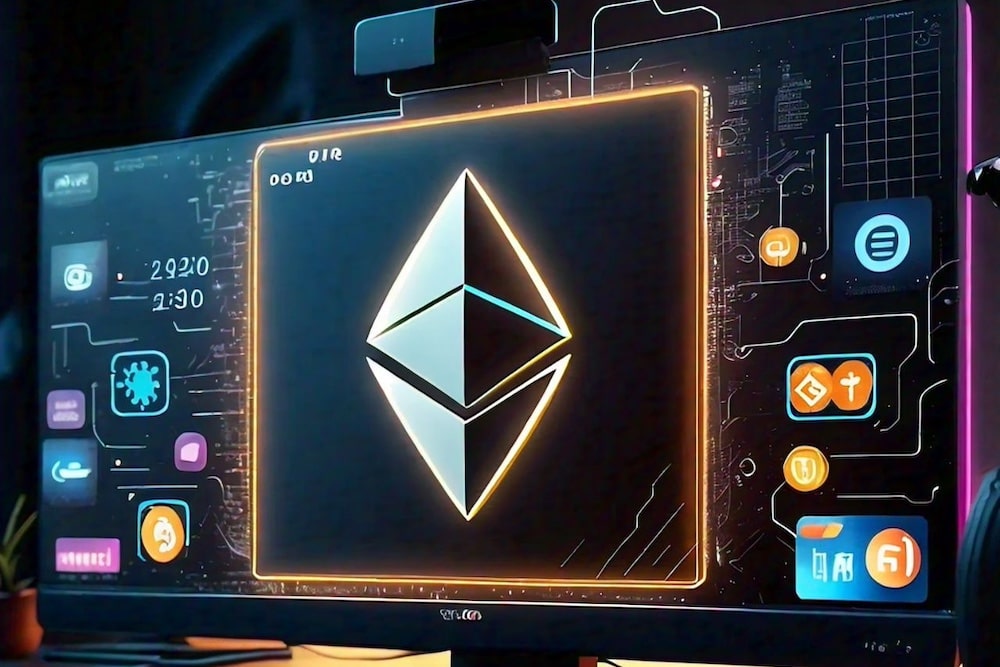This four-week event will help the community better understand Ethereum’s code and technology while improving its security.
The Ethereum Foundation has launched its first “Attackathon,” hosted by Immunefi, offering a $2 million reward pool to encourage security researchers to audit its codebase. This four-week event will have participants search for vulnerabilities in Ethereum’s protocol code, with only significant and rule-compliant reports being rewarded.
One audit competition to rule them all 🏆
Immunefi, in collaboration with the @Ethereum Foundation, presents the first-ever Attackathon to enhance Ethereum’s protocol security. 💪
Become a sponsor and help make history ✨
1/4#EFxImmunefi pic.twitter.com/m1HtH6G2r0— Immunefi (@immunefi) July 8, 2024
The “Attackathon” kicked off with a technical walkthrough of the blockchain’s code, guiding participants in identifying and understanding potential issues. Participants gain from a structured setup that offers live explanations on Ethereum and security, along with educational material from the Attackathon Academy.
Once the event concludes, the bug bounty platform Immunefi will compile and detail the discovered vulnerabilities in a report. Immunefi is recognized for its expertise in Web3 security, managing a large community of security researchers. They have protected significant user funds across various projects and have a strong track record of identifying and mitigating security risks.
The Ethereum Protocol Security (EPS) team has contributed $500,000 to the prize pool and is seeking sponsors to raise an additional $1.5 million by August 1, when more details will be shared. Sponsors will be awarded NFTs as a token of recognition for their contributions, and their names will be permanently displayed on the Sponsorship Leaderboard.
Hackathons and Security Upgrades
Hackathons are commonplace in the tech world, and the crypto industry frequently hosts such events alongside ongoing bug bounties. These bounties incentivize hackers to disclose exploits rather than use them maliciously. The Ethereum Protocol Security (EPS) team plans to host similar hackathons for every hard fork to address changes to the codebase.
Ethereum’s upcoming “Pectra” hard fork is expected to launch sometime between Q4 2024 and Q1 2025, combining the “Prague” upgrade for the execution layer and the “Electra” upgrade for the consensus layer. One significant update is the introduction of a “social recovery” feature, which could replace the conventional 24-word private wallet key, allowing wallets to have smart contract-like capabilities.
Ethereum’s “Attackathon” aims to enhance the blockchain’s security by leveraging the expertise of the global security research community. This collaboration with Immunefi will enhance the community’s grasp of Ethereum’s code and technology while also bolstering its security.
Find Cryptocurrencies to Watch and Read Crypto News on the Go Follow CryptosToWatch on X (Twitter) Now

